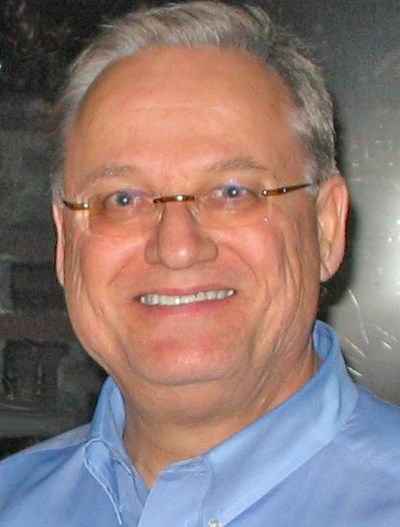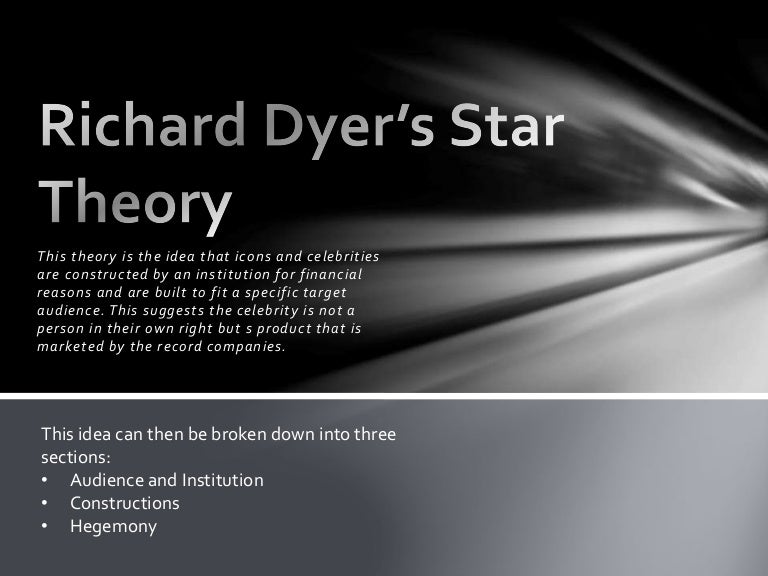

Grove described his criticism as "demonstrat penetrating insight and a highly sensitive ear to subtleties of performance, especially with regard to the piano." ASCAP awarded him the Deems Taylor Award twice for his music criticism. In addition to the Times and Globe, his music criticism spans numerous other publications: American Music, Opera, Opera News, High Fidelity, Ovation, Symphony Magazine, Chamber Music, Gramophone, Musical America, The Connoisseur, The Nation and the Chicago Tribune. Dyer later reflected on joining the Globe, noting that it was "an unexpected sidestep into journalism" when Steinberg left the paper in 1976, he succeeded him as chief classical music critic. The article was highly praised, and Dyer joined The Boston Globe that year to work as a music critic under the critic Michael Steinberg. While studying for his PhD, Dyer received nation-wide attention for his 1973 article in The New York Times concerning the soprano Renata Tebaldi's "artistic decline". He soon returned to Harvard, however, being appointed the Briggs-Copeland Lecturer in English, and receiving a PhD in English (1973) with a dissertation on the writer Oliver Goldsmith. At Harvard University, he graduated with a Master's degree in English, and began teaching the subject at the University of Iowa. While in Paris, Dyer attended the final masterclasses of Alfred Cortot. He continued his piano study in Paris at the Institute of European Studies, studying with Jacqueline Eymar from 1961 to 1962. During his time at Hiram, Dyer studied piano with Beatrice Erdely at the Cleveland Institute of Music.

He attended Hiram College, graduating in 1963 with a summa cum laude, Bachelor of Arts in English and minor in French. In his youth he was an avid opera enthusiast, and played the piano. Dyer was raised first in Enid, Oklahoma and later in Hiram, Ohio. He has served on the juries of many piano competitions, and lectured at a variety of universities.īorn in 1941 in Mineral Wells, Texas, Richard M. A diverse critic, his writings have extended to numerous other news publications, as well as music encyclopedias, liner notes and program notes.

He embarked on music criticism following a well-received 1973 article in The New York Times on the soprano Renata Tebaldi, and soon joined the staff of the Globe. Educated with degrees in English, Dyer had studied piano and been an opera fan since his youth. Described by the music critic Alex Ross as "a dean of the profession", from 1976 to 2006 he was the chief classical music critic of The Boston Globe. Dyer (born 1941) is an American music critic who specializes in classical music.


 0 kommentar(er)
0 kommentar(er)
